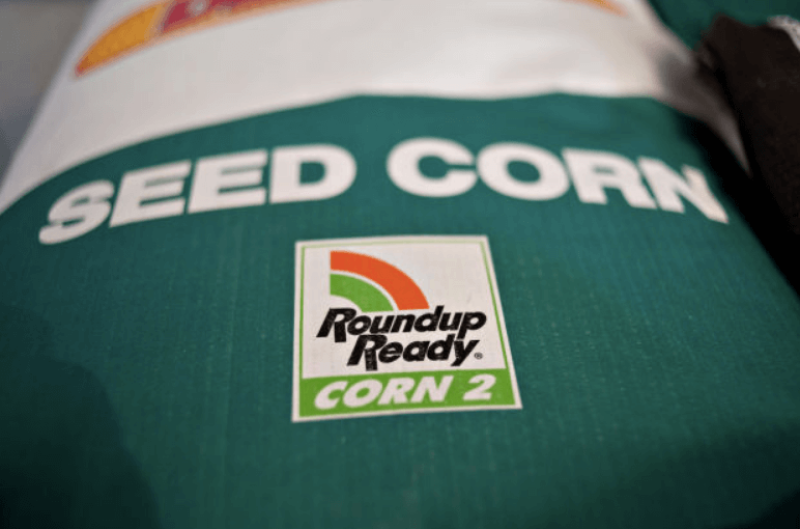The development and utilization of GMOs is not well understood by most consumers, causing them to be susceptible to misleading claims and advertising….
…
In an age when concern about using chemicals or irrigation water to grow plants is heightened, wouldn’t it be nice to have plants that could withstand pest influences and survive drought with less costly intervention by us? Yet, like many scientific advances, myths are perpetuated, advancements are scorned and progress is stilted because consumers don’t understand the process and science behind it.
…
Overall, scientists say GMOs have reduced chemical pesticide use, both herbicides and insecticides, by 37%.The most commonly developed genetically modified (GM) crops are corn, soybeans and cotton, but Ron Goldy, senior Michigan State University Extension educator, says that technically all domesticated plants are genetically altered in the sense that they were generated using traditional breeding methods and contain a mixture of parental genes. Genetically modified plants allow a producer to lower and eliminate certain pest control strategies.
Read full, original article: Benefits of GMOs in gardens: The myths and science































